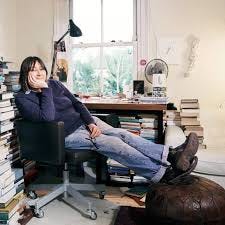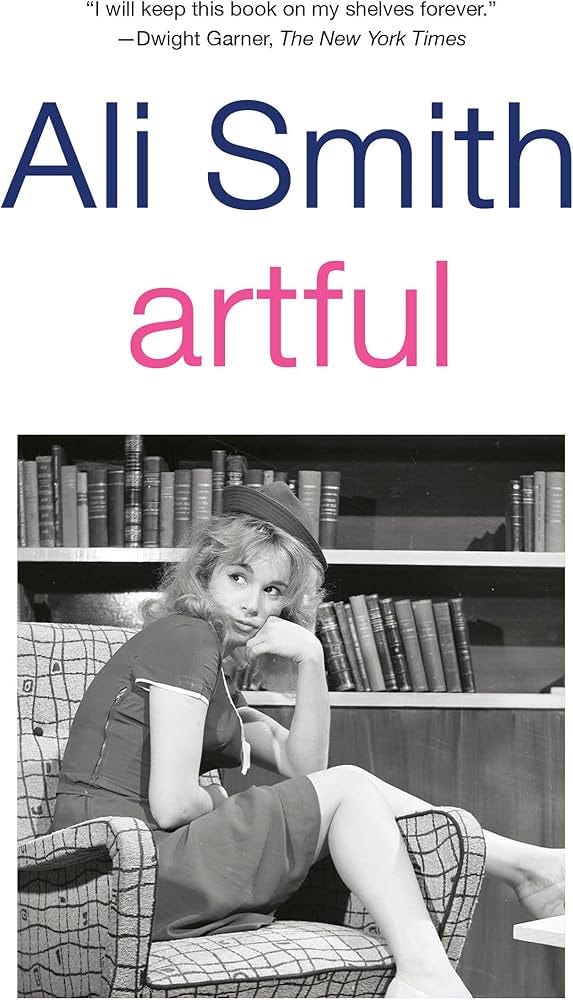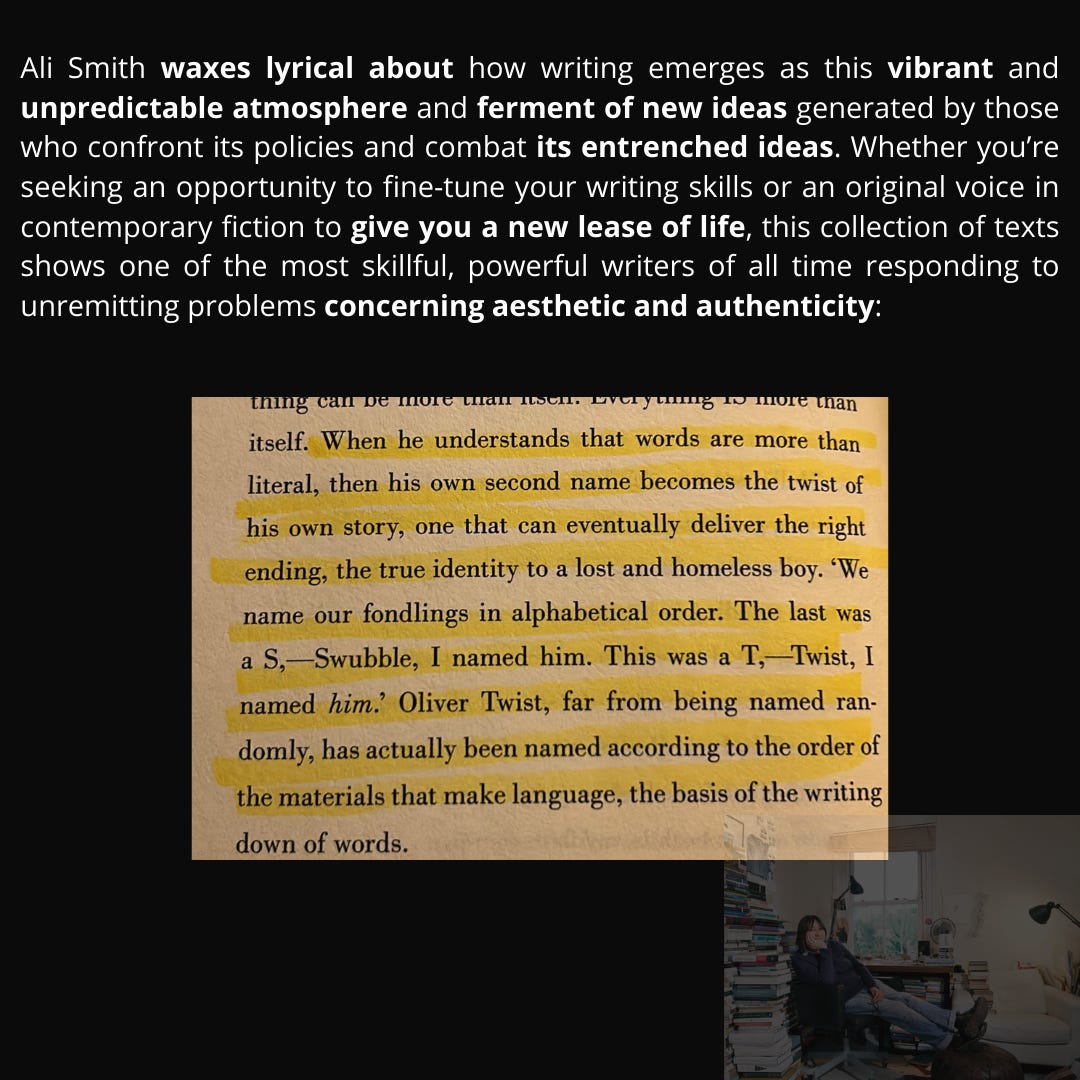Non-ELT books that have helped me revamp the way I’ve perceived writing: books on writing for teacher-writers, offering a new lease of life in our journey.
Reading and writing as the run-on continuity of critical thinking concerning social reality and temporality....
Writing, thought and life for teachers and learners.
First part : Writing and the jointed lattice of thought
Second Part: Non-ELT books that have helped me revamp the way I've perceived writing
Third part: The multifarious inner reality of writing: art, life, teaching, and reflection. coming out soon
These days, while flicking through the pages of some books on writing and the essay, and after having had an inspirational chat with a friend over the weekend, I thought of recommending another non-ELT book that will certainly revamp the way you’ve perceived writing, as it has done for me. Following the sequence of texts on language, sounds, and culture, this one touches on writing, which is actually an extension of my latest Substack on writing and the lattice of thought. Sometimes it’s important to have a breath of fresh air and refer to solid, consistent references on writing and theory outside our ELT bubble.
This is a rather unusual post format for me, and I don't mean to take much of your time talking rambunctiously and in a roundabout manner about things that have played on a loop in my mind. I also don't meant to leave anyone feeling tired and lethargic after reading this piece: please, bear with me. Oh, one caveat: admittedly, I am the kind of person who would spend hours and hours babbling excitedly about things that hit me where I live, like language and cultural issues laxly interlaced with our reality and the humdrum existence in our apparently normal world.
Tellingly, this text is primarily grounded in a desire to share, in a brief and concise way, a minuscule written patchwork of random thoughts on how certain books can help us fine-tune communication skills by fruitfully collaborating with our wily ability to put our ego aside in the face of writing in an experimental way.
Notoriously, most people have a mare [I've snatched this one from Lucy, thank you] trying to write basic and informative texts on several topics ;;;; from work-related matters to more creative pieces. From a very personal standpoint, we are on the same wavelength on the very idea that it takes a village to master an authentic, stylish command of writing on a deeper level.
What’s more, it would be ludicrous to deny that the art of writing is, by nature, a privilege that is, unfortunately, the result of historically and chronically rooted social disparities and inefficient educational policies, making a much-needed, crucial skill for citizenship into an inaccessible resource owned and ruled by the cultural elite. Its unequal and depoliticised devices have to be laboriously and meticulously disassembled and reengineered by qualified educators well-versed in the social and cultural historiography of writing in our society.
In the course of this labyrinthine historical tapestry, a jarring contrast emerges along the way: the abrasive and incessant force of objectivity , and the erroneous concept of eloquence , needs to be confronted. There is remarkably multifarious inner reality of writing we still need to unpack, and perhaps this can be done through the exercise of reading to wring and experimentation. Literature, namely fiction and poetic essays, troubles the steadfast opposition that associates experimentation or metaphorical writing with a fantasized, fetishized way of decoding the symbolic transaction between our biased, personified views of the world and the blurred imagined patterns of reality we need to handle at the very moment of interpretation. The waning allure of the poetic line between language and reality ought to be reestablished and reinforced to strive for integration rather than to break flow, and to interrogate metonymy rather than give up on metaphor.
The reading of fiction, theory, essay, and everything else in the realm of the humanities, can be deemed the run-on continuity of critical thinking concerning social reality and temporality, by continuously absorbing and integrating quotidian elements into a system that clarifyingly thematises writing and reading as the backbone of our society. That can be seen as a literary device to unify life, memoirs, worlds, communities, people, history, and thought into the delectation of ostracised form.
Writing as a movement, as experimentation, can be derailed by the appalling conditions education and productivity have foisted on us. This is why literature, writers, and artists in general are at the frontiers of educational, cultural, and technological changes, and writers’ efforts have been pivotal in pushing imagination and creativity into the limelight of writing as a way of existing in the world.
For a start, I have always entertained the idea that there is no text without the conflicted yet powerful engagement of other writers in our journey as readers and writers. I’ve dallied with the idea that to make the most of our creativity we ought to open up to various text styles, namely literary fiction, to collaborate fruitfully. Literature, per se, is not merely printed words on a page, but it shakes the structures of reality to open possibilities to an entirely new experience.
In rough, Artful, by the Scottish writer Ali Smith, offers a shrewd, hard-hitting comment on traditional and archaic ways of seeing form and content. After having crafted the most important novels of our 21st century, Smith has a knack for harmonising her fictionality traits in writing with her sensitive and astute perceptions as a reader. It turns her text into a living organism, giving readers a primer on how to make your writing as vivid and authentic as possible.
Smith wades through a kaleidoscope of references, from literature to art, to give us, writers, a kind reminder that life is inextricably linked to the words we pen on paper. Aesthetic form is a way of weaving the fabric of non-fiction to capture the invisible social substance and the harrowing reality we aim to materialise through the act of writing.
Additionally, Artful has furnished me with decentralised views of the art of creating narratives: words are not deemed an amalgamation of random patterns and combinations - they are, indeed, complex and interlayered concepts embedded in an intricate network of ideas, references, and discourses.
Ali Smith waxes lyrical about how writing emerges as this vibrant and unpredictable atmosphere and ferment of new ideas generated by those who confront its policies and combat its entrenched ideas.
Whether you’re seeking an opportunity to fine-tune your writing skills or an original voice in contemporary fiction to give you a new lease of life, this collection of texts shows one of the most skillful, powerful writers of all time responding to unremitting problems concerning aesthetic and authenticity: Why do we still write? How have we responded to the world through our voices, and where are we headed today? I hope this may serve as a catalyst for inspiration for you too.
Useful links:






